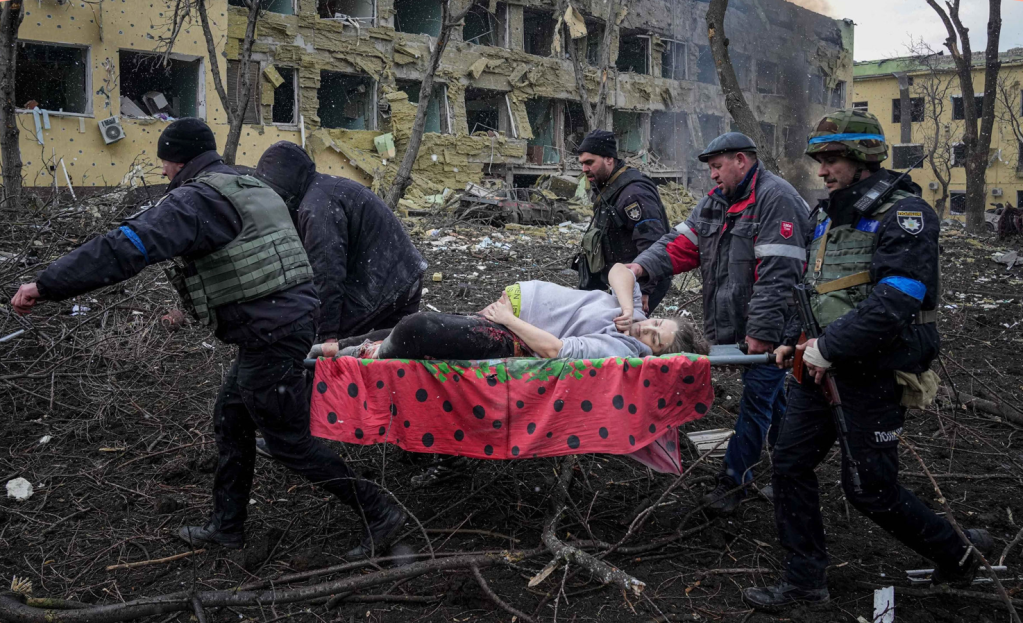
EXCLUSIVE: We have your first look at 20 Days in Mariupol, the award-winning film that documents Russia’s brutal assault on the Ukrainian port city.
Ukrainian journalist, photographer and novelist Mstyslav Chernov directed the film, which earned the audience award for World Cinema Documentary at the Sundance Film Festival. Earlier this month, 20 Days in Mariupol was named Best Film in the Docu/Ukraine section of the Docudays UA Documentary Human Rights Film Festival in Kyiv. It also won the audience award at Docudays.
Chernov, working for the AP with field producer Vasilisa Stepanenko and photographer Evgeniy Maloletka, entered Mariupol hours before Russia’s invasion of Ukraine on February 24, 2022. He captured shocking images of Russian troops targeting civilians, killing children, the elderly and thousands of others. Among the atrocities was the Russian bombing of a maternity hospital.
“The siege of Mariupol itself lasted 86 days,” Chernov told Deadline at Sundance. “These [first] 20 days are very symbolic. Mariupol itself as a city is very symbolic — it’s very symbolic for Russia and was important strategically for Russia to take. And it’s symbolic for Ukraine because it’s a symbol of resistance. The city was holding out for 86 days without any help, and an estimate of 25,000 people died, but the number could be more.”
For their work documenting the siege of Mariupol, Chernov, Stepanenko, Maloletka and Lori Hinnant won the Pulitzer Prize for Public Service reporting.
20 Days in Mariupol is set to open on July 14 at Film Forum in New York City. A week later, the film opens at the Laemmle Monica in Santa Monica, Calif., and at the Roxie in San Francisco, expanding nationally thereafter in select cities.
The film shows the challenge Chernov faced trying to upload the footage and still photos he and his colleagues were taking, so that the world would see what Russian President Vladimir Putin had wrought. Sometimes he could use a satellite phone; other times a Ukrainian military official would guide him to one of the very few places in Mariupol still with an internet connection – a tiny island within the citywide WiFi dead zone.
“During the siege, we’ve been able to send only a tiny fraction of what I filmed. Yes, those were the most important shots. But usually, the international audience sees these images for a brief moment, for 30 seconds or a minute [as part of a news story],” Chernov told Deadline. “So there is no way for them to know more or to go deeper. And this film is an attempt to give more context on not only journalists’ work, but most importantly on the stories of these people.”
Watch the gripping trailer above.













